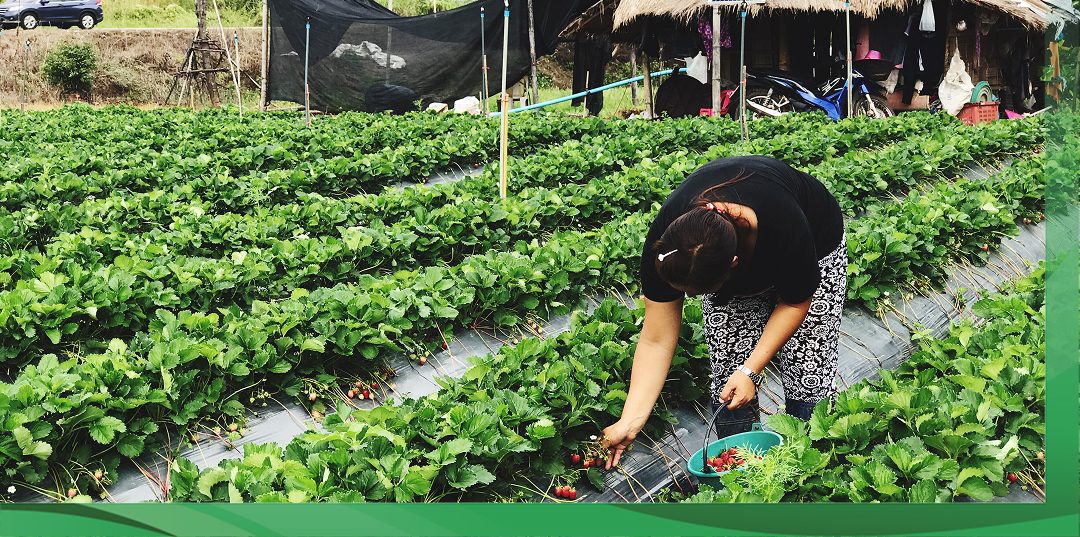ABSTRACT
The role of accountants has evolved from traditional financial reporting to becoming strategic supporters in sustainable finance. Sustainable finance integrates environmental, social, and governance (ESG) aspects into financial decisions to promote sustainable growth. Accountants play a crucial role through transparency, accountability, and risk assessment. With an understanding of sustainability standards such as GRI, SASB, and TCFD, as well as enhancing competencies through training and certification, accountants can manage the risk of greenwashing, align sustainability and financial reporting, and serve as key pillars in the transformation of finance that supports the global sustainability agenda.
The accounting profession has long been synonymous with responsibility in financial reporting, auditing, and tax services. However, along with the increasing global attention to sustainability issues and corporate responsibility, the role of accountants is now experiencing significant development, becoming more strategic and relevant in supporting the sustainability agenda. The increasing attention of companies, investors and regulators to sustainability issues also encourages accountants to play a key role in leading the transformation of sustainable finance that integrates Environmental, Social and Governance aspects in financial decision making.
- What is Sustainable Finance?
Sustainable finance is an ecosystem with comprehensive support in the form of policies, regulations, norms, standards, products, transactions and financial services that align economic, environmental and social interests in financing sustainable activities and financing the transition towards sustainable economic growth (Financial Services Authority, 2023). Sustainable finance is also an approach to managing finances that does not only focus on profit, but also takes into account the Environmental, Social, and Governance aspects of the company or often abbreviated as ESG.
- How Do Accountants Contribute to Sustainable Finance?
Accountants are professionals who have high competence in analyzing and preparing financial reports. The financial reports they produce are not only a reflection of the company’s financial performance, but also an important basis for strategic decision making. In the process of preparing them, accountants must ensure that all information presented is accurate and in accordance with applicable standards. These competencies and expertise make accountants have a key role in supporting sustainable finance, especially regarding transparency, accountability, and sustainability, which are the main elements.
Therefore, to realize sustainable finance, accountants need to have a deep understanding of ESG reporting and disclosure and its relationship to financial statements. If previously accountants were more focused on financial analysis and decision-making based on costs and benefits, now they must broaden their perspective. Accountants not only consider financial costs and benefits, but must also take into account the risks and opportunities of each transaction in the decision-making process. In this case, the ability to assess and manage risk becomes a very important competency for an accountant.
- New Skills Accountants Need
To become a pioneer in sustainable finance, accountants need to hone new skills, including:
- Understanding ESG factors: Issues such as climate change, workers’ rights, and corporate governance practices must be well understood. This knowledge enables accountants to identify risks and opportunities in financial portfolios and provide appropriate advice to companies and investors.
- Understanding Sustainability Standards: A deep understanding of sustainability reporting standards, frameworks, and regulations is a challenge and a science that must be strengthened by accountants. With a deep understanding of sustainability reporting standards, accountants have the ability to assess and minimize the risk of greenwashing practices. Through careful analysis, accountants can ensure that the company’s activities and transactions are in line with sustainability principles, so that there is consistency between the company’s sustainability report and financial statements.
- The Future of Sustainable Finance and the Accounting Profession
The future of sustainable finance brings both challenges and opportunities for the accounting profession. Expertise in sustainability reporting standards, such as the Global Reporting Initiative (GRI), the Sustainability Accounting Standards Board (SASB), and the Task Force on Climate-related Financial Disclosures (TCFD), is becoming an indispensable skill. A deep understanding of ESG reporting not only helps accountants prepare credible sustainability reports but also provides the ability to analyze sustainability risks and opportunities relevant to the company.
In addition, with the increasing demand for accountability in sustainability reporting, sustainability-related professions are increasingly needed. Examples include sustainability reporting specialists, who are responsible for preparing a company’s sustainability report according to global standards, and sustainability reporting assurers, who ensure the accuracy and credibility of the information in the report.
The role of accountants in sustainable finance is not only limited to reporting, but also to risk management, strategic planning, and decision-making. Accountants who are able to evaluate the ESG impact of a company’s activities will be an important asset in the future, given the increasing demand for transparency and corporate responsibility.
To address these challenges, accountants need to continuously improve their competencies through training, certification, and continuing education in the field of sustainability. With a combination of technical expertise in accounting and a deep understanding of sustainability, the accounting profession will remain relevant and become a key pillar in realizing sustainable finance in the future.













